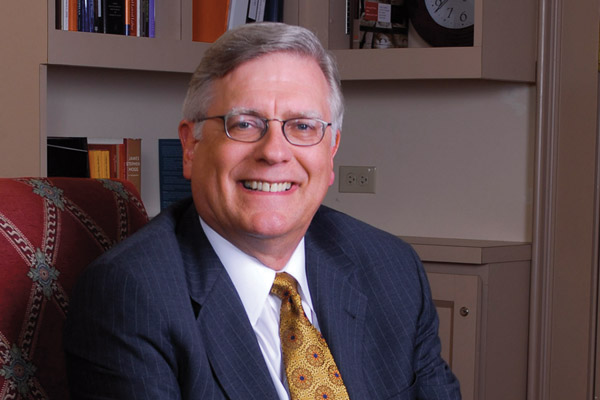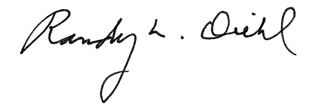Higher education has seen its share of challenges over the past half-decade. The global financial crisis that began in 2007 sent tremors across every campus in the country, causing us not only to tighten our belts but to rethink fundamental models of teaching, research and service that have guided our mission for more than a century.
These leaner times are also marked by dramatic demographic and technological shifts — as our student body becomes more diverse, so do the tools we use to engage them in the pursuit of higher learning.
I am proud to say that the College of Liberal Arts is out in front when it comes to facing challenges and transforming them into opportunities and future successes. We are deeply engaged — on a daily basis — in acts of reform to build excellence.
Our new landmark building is and will continue to be a symbol of our college’s drive to move forward in the face of challenge, of our daily commitment to seek new solutions, to innovate and become even stronger.
As a result of reform we are seeing a direct impact on the success of our undergraduate and graduate students, from timely degree completion to job placement, and we are continually exploring how new technologies can benefit our students. In this issue of Life & Letters, we look at innovative online teaching methods developed in a class team-taught by psychology professors James Pennebaker and Sam Gosling. These world-class researchers and teachers are reaching a greater number of students while at the same time improving overall student performance.
Our students are inspired to greatness by other world-class faculty such as Jeremi Suri, a professor in the Department of History and the LBJ School of Public Affairs. In our cover story, Professor Suri examines how America’s greatness is often forged in adversity. He cites the generation of the Great Depression, who dealt with poverty on a scale we cannot imagine today: “They were not surviving simply to cope. They were surviving to improve — and that encouraged them to dream, to think, to look beyond their immediacy.”
Randy Lewis, associate professor of American studies, adds that the university provides students with a space to “wake up to what is possible, and to shake off the tendency to fall into unquestioning routines that divorce us from our deep originality and creativity.”
That deep originality is expressed in the life work of Karl Butzer in the Department of Geography and the Environment. A fellow of the National Academy of Sciences, Professor Butzer questions prevailing views of human apocalypse, and instead sees abundant evidence — since ancient times — of human resilience.
I, too, see abundant evidence of resilience — in our college, at this university, and among our many alumni and friends. I believe our best days are still to come and look forward to sharing the adventure with you.

